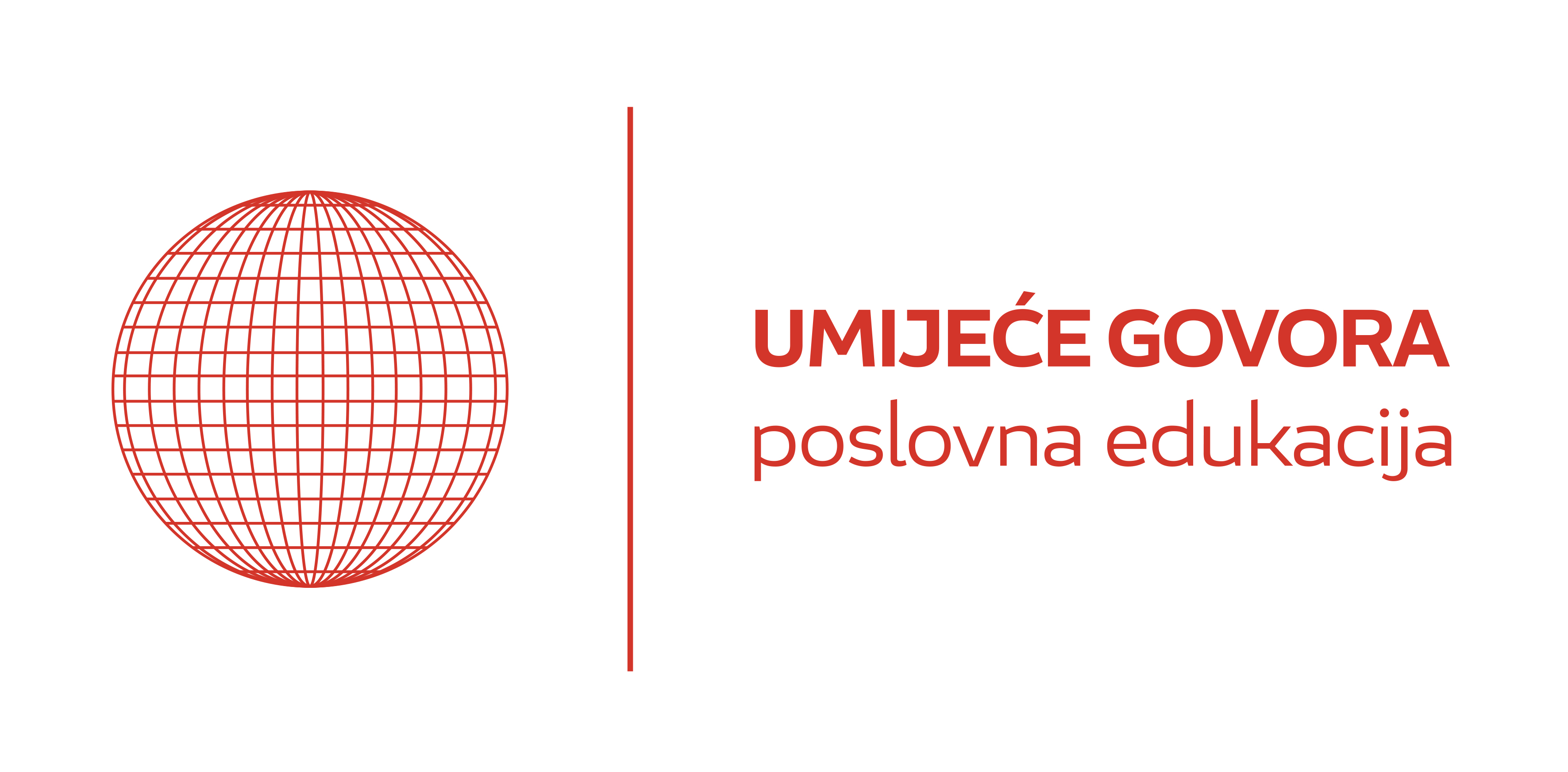Lost in Translation - Language and Power
Jagoda Poropat Darrer
Lost in translation: Language and Power
Objavljeno u časopisu Diplomacy and Commerce, rujan 2018.
Once it was a saying that you are worth as much as many languages you speak. Perhaps nowhere this saying is more true than when you find yourself in France. How easy can you get lost in translation as a tourist in a small French square in an even smaller village or chateau? Very easy. EU language policy under the motto „United in diversity“ in that case is leaving interlocutors wet without the English language umbrella or well developed Human (Spoken) Language Technology
Burgundy, France. What a marvelous places to start a vacation. After few hours driving from Italy, it is a third language field we are entering in. Changing, as the shades of the soil – from clay, through silt to loam and limestone. Enologist will say that soil defines the wine, and that limestone offers beneficial nutrients to grapes that make them grow better and produce sweeter grapes. It’s special because it retains moisture in dry weather, but also offers good drainage in cool weather. The chalk soils of the Aube in Champagne, Chablis in Burgundy, and Pouilly and Sancerre in the Loire Valley, produce bold-flavored zesty white wines. The Calcareous soils found in the Southern Rhône region are famous for making the classic Côtes du Rhône blend of Grenache, Syrah and Mourvèdre, wine experts say. And we were all eager to taste it.
Except from the major cities we visited as Lyon, Dijon, Metz…the smaller ones – Beaunne, Bèze, Châteauneuf, the scent of charm they add to its touristic offer it is surly not knowing foreign languages at all, just French. We were all like caught in a known British sitcom ‘Allo ‘Allo. Remember the catchphrase of resistance leader Michelle “Listen very carefully; I shall say this only once”?
According to the report by international language training company Education First, which looked at proficiency of English in 80 countries, France was ranked 22 out of all EU nations and 32th overall. With a score of just 54.39 France ranked between Nigeria and Italy. Netherlands took the top spot with an English language proficiency of 71.45, followed by Sweden with 70.40 and Denmark with 69.93. The report, blamed France’s poor result on the “limited education reforms on language instruction” as well as the teaching quality in the public education system. Adeline Prevost, from the Paris office of Education First, said that the main problem lies with France’s fear of losing its own culture and language. “The French have to understand that just because they are talking, reading or listening in English it doesn’t mean that we will kill our own language. Of course that won’t happen. This is the wrong mentality.”
Ben McPartland from The Locals emphasizes that another theory that has been put forward in the past is that many French people still haven’t accepted that their own language, once lingua franca, has lost its influence in favor of English. However, EU language policy is based on respect for linguistic diversity in all Member States and on the creation of an intercultural dialogue throughout the EU. The EU therefore supports the idea that every citizen should master two foreign languages in addition to his or her mother tongue (europarl.europa.eu). Yet, Eurostat’s data showed the dominance of English with 94 percent of upper secondary school students in the European Union choosing English as their second language, with French a distant second at 23 percent, and German at 21 percent.
In order to preserve multilingualism, European Parliament study “Language equality in the digital age: Towards a human language projects” promotes Human Language Technology (HTL) as a key to overcome language barriers, not just through English language but directly from one (any) language to another. “HTL are software systems designed to handle human language in all its forms: spoken, written or signed. The EU is a unique endeavor involving more than 500 million citizens sharing about 80 different languages. European diversity is very valuable for the European society. On the other hand language barriers among countries, citizens, and businesses have strong social and economic consequences such as (1) fostering a language divide, (2) hampering workers’ mobility, (3) hindering access to cross-border public-services, (4) reducing citizens’ engagement and participation in political debates and processes, and (5) creating fragmented markets of cross-border trade and e-commerce, particularly for SMEs.” Overcoming language barriers brings benefits to all.
The same EU document mentions some future predictions “Looking into the future, according to eminent voices such as Google CEO Sundar Pichai (Bort, 2016), we are moving from a mobile-first to an Artificial Intelligence (AI)-first world. Spoken LT are part of many AI scenarios that are quickly becoming mainstream.” Perhaps our very next visit to France will already be AI managed, and some improved Siri will order the best bottle of French wine in neat French language following our straight orders in Croatian. Lost in translation, never more.





